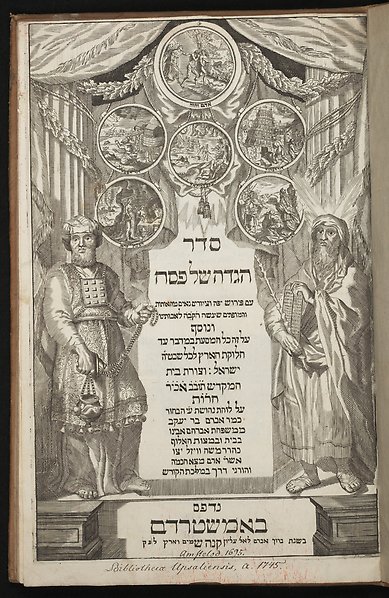Hebrew: a key to our history

To choose our future, we must understand our history. Knowledge about the civilisations that have shaped our modern society opens our eyes and resists shallow claims that lead to fanaticism and deadlocks. The key to this knowledge is language – which is a link to the past. Apart from yielding new knowledge about how the language works, research also puts it in a cultural and social context.
Hebrew is a language that has played a substantial part in shaping values in our modern society. The Hebrew of the Bible developed over thousands of years and is the basis of modern Hebrew, which is the official language of the State of Israel and is spoken by around nine million people worldwide. Hebrew is also central to Jewish culture, religion and identity. Through texts, art and literature, the language reflects the journey that individuals and communities have made through the ages.
In Uppsala, there is a four hundred-year-old tradition of knowledge in Hebrew and its future needs to be ensured. Hebrew must never become a forgotten language. Apart from yielding new knowledge about how a particular language works, research also puts it in a historical, cultural, religious and social context. From a cultural perspective, languages such as Hebrew, Aramaic, Arabic, Syrian and Greek should not be studied in isolation but should be allowed to enrich one another and be studied as a whole. However, more linguistic research is needed. A scientifically based knowledge of languages, literature, religion, culture and society increases our understanding of our history and our own times. This equips us better to take good decisions for the future.
“In Uppsala, there is a four hundred-year-old tradition of knowledge in Hebrew and its future needs to be ensured. Research on the Hebrew language and Jewish studies can contribute to a wiser world.”
David Håkansson, Professor at the Faculty of Languages
